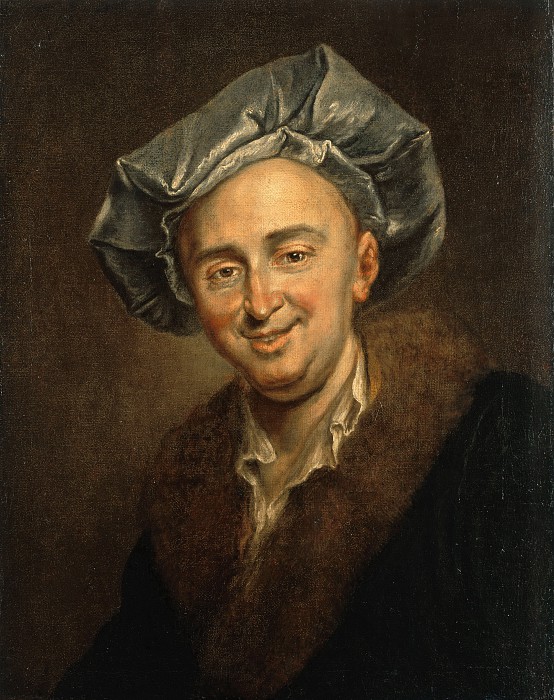„Trink, iss, schlafe schnarche, träume!“
Über das Glück oder Das Höchste Gut, »Anti-Seneca«, LSR-Quellen Band 2, herausgegeben und übersetzt von Bernd A. Laska, Nürnberg 1985/2002, S.112 [171]. (siehe Aufsatztitel: Michael Winter: Trink, iss, schlafe, träume! Über den Philosophen, Anarchisten und Hofnarren Julien Offray de La Mettrie. In: Zeit online https://www.zeit.de/1988/45/trink-iss-schlafe-traeume, 4. November 1988).
Origianl frz.: « Bois, mange, dors, ronfle, rêve. » - La Mettrie: « Discours sur le bonheur ou Le Souverain Bien, Anti-Sénèque », 1748 (Über das Glück oder Das Höchste Gut, »Anti-Seneca«): « Bois, dors, ronfle, rêve. » https://books.google.de/books?id=hqgrOzx-JK0C&pg=PA176
Discours sur le bonheur ou Le Souverain Bien (Anti-Sénèque), 1748
